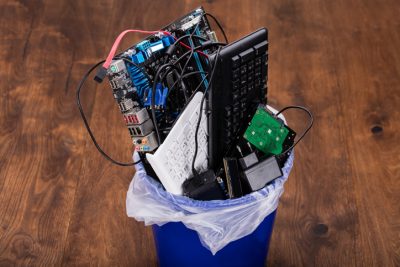Disposing of an old, unneeded computer usually is as easy as chucking it in the dumpster out back or giving it away to charity. But not when it might contain protected health information.

HIPAA REGULATORY ALERT
Computer Disposal Not Simple When PHI Involved
December 1, 2024
